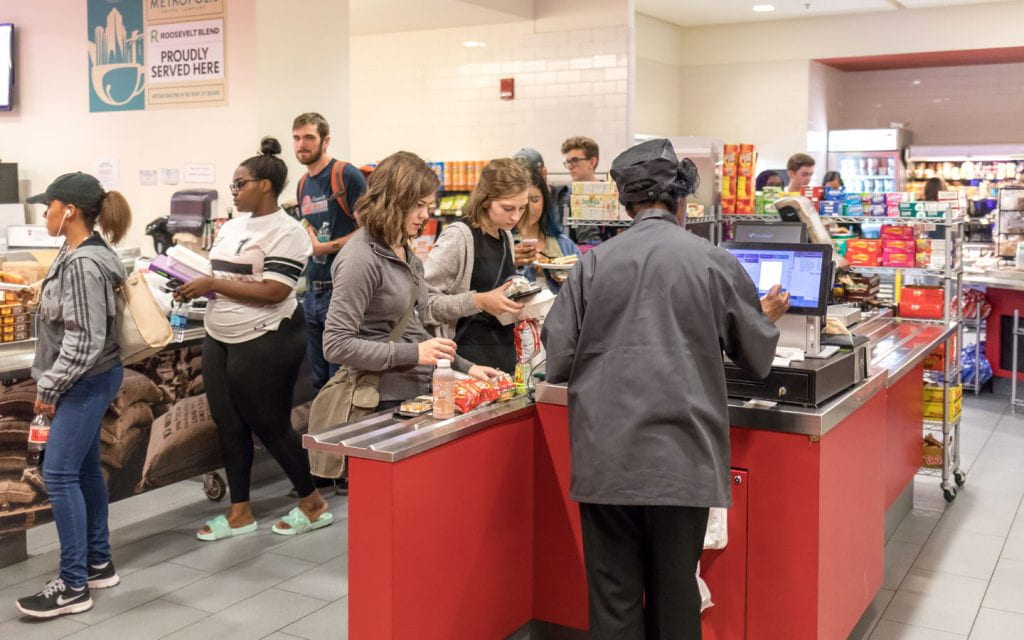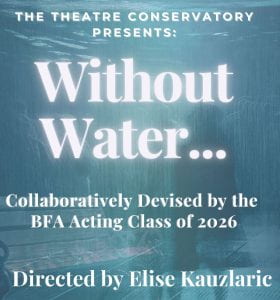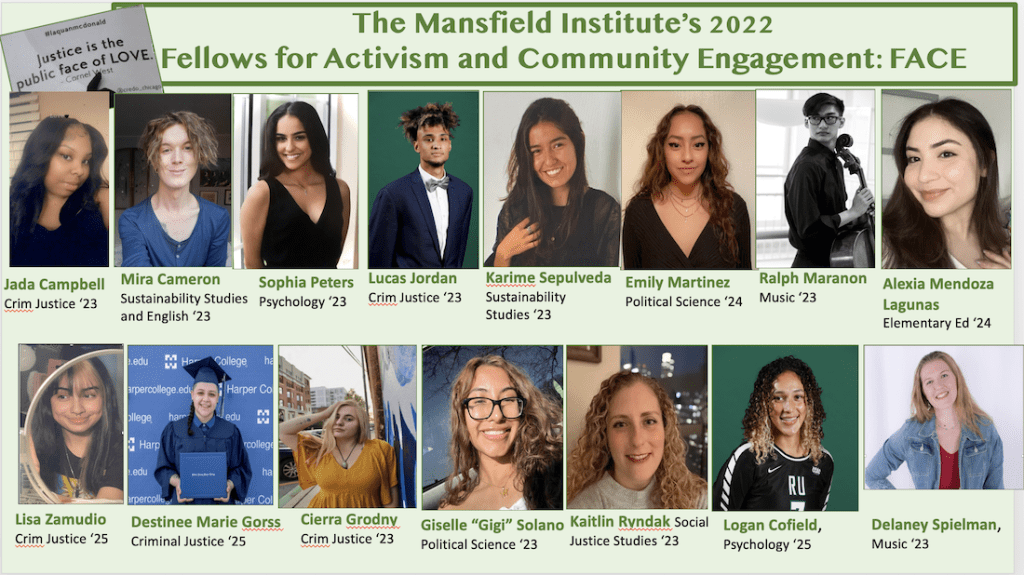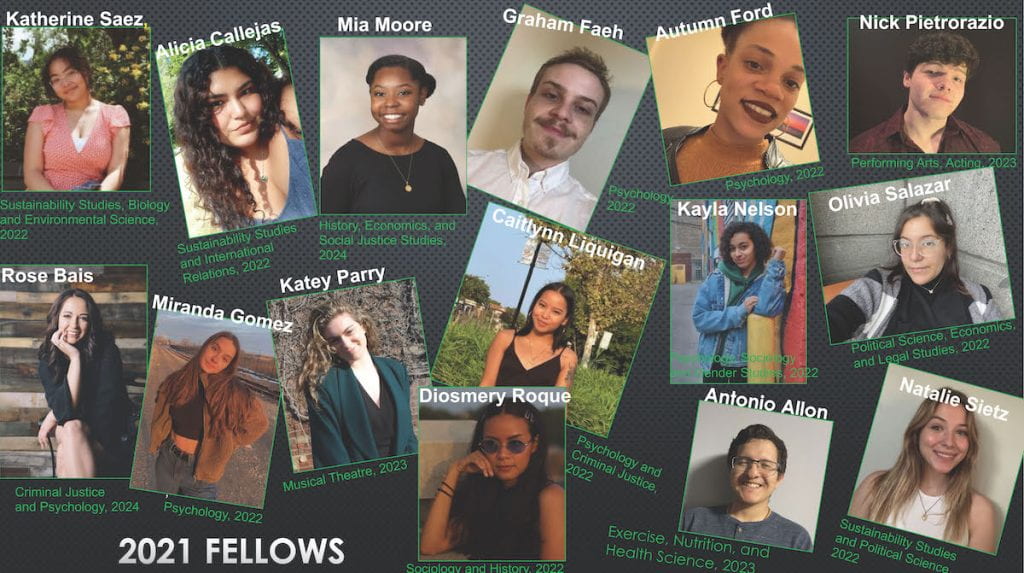Now until Friday, April 18, 2025 — Applications are open for RU’s new Summer 2025 Community-based Research & Environmental Justice course. RU’s Office of Student Research and Department of Law, Society, & Sustainability will support 8-10 undergrad students in a field-based 3-credit EXL research course with full tuition funding plus a small stipend for travel. That’s a pretty awesome deal for Roosevelt students seeking a gen ed, EXL, or elective class!
This hybrid course, cross-listed as POS / SOC / SUST 262, will meet on selected Fridays (9:30am-1pm) and online from June 6 – Aug 1. And if students want to take an additional course this summer to accelerate their degree completion, they can do a “two-fer” and earn 6 credits for the cost of 3.
Our community partner this summer is the Southeast Environmental Task Force (SETF), a grassroots organization on Chicago’s Southeast Side that has advocated since the 1980s for both people and nature. SETF’s current sustainability initiatives and environmental activism focus on climate and environmental justice, pollution reduction, clean energy policy, sustainable land use, public health protection, and more.
- Deadline: Application review begins April 11; final deadline is April 18.
- Eligibility: Current RU undergraduates in any major; at least 15 credit hours completed at the time of application, including earning a C or better in ENG 102; minimum GPA of 2.0 overall (2.5 preferred).
- Course Info: 3 credit hours of either POS, SOC, or SUST 262 Environmental Justice; counts as social science and EXL credit for CORE general education requirements as well as a major elective for POS, SOC, & SUST majo
 rs.
rs. - How to Apply: Just go to the OSR website for more info; use this direct link to the application; or scan the QR code to the right.
For more info: email Prof. Mike Bryson (mbryson@roosevelt.edu), Chair of the Dept. of Law, Society, & Sustainability; or Dr. Laura Nussbaum-Barberena (osr@roosevelt.edu), Director of the Office of Student Research
















